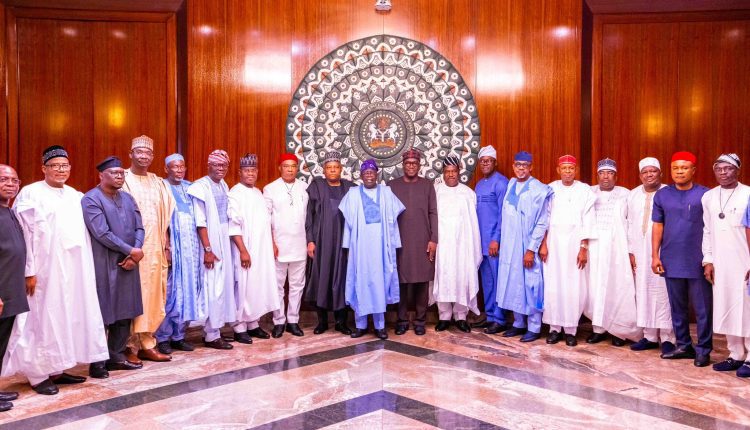There are no products in your shopping cart.
| 0 Items | £0.00 |


ABOUT 24 of Nigeria's 36 states will not be able to pay workers salaries this year without federal government allocations according to recent data just published showing that most governors are unable to generate their running costs internally.
Nigeria is currently reeling from the effects of hyper-inflation, which has pushed the costs of basic foodstuffs beyond the reach of the common man. In the midst of all this economic hardship, states are in a precarious situation as most of them do now have any means of sustaining themselves and arte wholly dependent in federal handouts.
Only 11 out of the 36 state governments of the federation can independently pay their workers’ salaries without depending on federal allocations, according to an analysis of the state governments’ approved budgets for the 2024 fiscal year. States with robust internal revenue include Lagos, Kano, Anambra, Edo, Enugu, Imo, Kaduna, Kwara, Osun, Ogun and Zamfara.
These approved budgets are also contained in Open States, a BudgIT-backed website that serves as a repository of government budget data. While the budgets of 35 states have been made public, Rivers State budget could not be accessed neither has it also been uploaded the platform.
According to the analysis the budgets data, 24 states cannot fund salaries payments from their internally generated revenue and as such, may have to rely on federal government allocations or borrowing from banks. These 24 states include Bayelsa, Ondo, Yobe, Sokoto, Taraba, Plateau, Oyo, Niger, Nasarawa, Kogi, Kebbi, Katsina, Jigawa, Gombe, Ekiti, Ebonyi, Borno, Benue, Bauchi, Adamawa, Akwa-Ibom, Cross River, Abia and Delta.
This development is coming amidst a clamour for massive wage increases by labour unions at both the federal and state levels. In the first half of 2023, state governments borrowed about N46.17bn ($29m) from three banks to pay salaries between January and June 2023.
Experts believe the projected revenue increase as a result of the scrapping of petrol subsidies by the federal government, should make more money available to the states. This in turn should provide them with more to spend and reduce the need to keep borrowing.
Governor Uba Sani of Kaduna State said: “Every governor in Nigeria is getting more money than we used to get. Before President Bola Tinubu removed the fuel subsidy, in Kaduna State, precisely in May 2023, we were borrowing to pay salaries but immediately after the subsidy removal, after paying salaries without borrowing, we had a surplus of money.”
However, despite the improved funding, no fewer than 32 states indicated plans to borrow N2.78tn ($1.74bn) from domestic and external institutions to fund their 2024 budget. According to further analysis of the states budgets, the affected 24 states will spend N1.48tn on salaries in 2024, while they plan to make N914bn in internally generated revenue, meaning they will need N566bn from either federal allocations or borrowing to pay salaries.